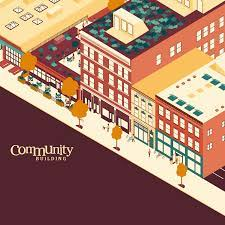
Podcast list — Paul’s radio show from the mid-2000s. Ironically, poets, thinkers, scientists, community engagement experts, and book authors talked to me with an open mind. I engaged in exchanges of ideas. I was not a stenographer, and yes, I do jump in and have my own spin or take on things. I, of course, have changed my way toward enlightenment compared to the period of 2001 – 2011 I was in Spokane, writing, creating columns, teaching, and involved in activism. I am more grounded in my socialism and my communism. Working anywhere in the USA, Amerikkka, means covering up or masking one’s true self. Capitalism is a form of totalitarianism, and fascism in its own way. I have witnessed colonization of formerly independent thinkers, then a hive mentality take over and then just Plain Jane Stockholm Syndrome seeping into the collective, at large, especially within Democratic Party supporters. Academics. Woke folk. Et al. Enjoy these people, these historic and cutting edge long-form radio conversations!
Note: Realize that the greenie weenies, the Green New Deal (not for nature and people) proponents, the end of fossil fuel folk, all those liberals in the liberal managerial class, please, realize, that I was up against them. For this radio station, this low power community radio station, I had back-stabbers and retrogrades. If you realize the value of this body of work, in a span of two years (and I did work for a living, since this was a gratis gig), then you might understand where I am now, listening to and observing the rot, smelling the putridity, and all the monetizing of some really bad show. Good ones, too, thank goodness, supported me, but I was already deeply victimized by cancel culture. Some of the worse are the compliant ones, the herd, those that call themselves green and organic. However, many of those types hated my show, hated my work, and, well, many loved the work, but those are not the pied piper types. It’s the haters who come out from their dirty sheets at night like an army of bedgugs.
This is a Podcast from my KYRS-FM Tipping Points: Voices from the Edge weekly radio show from Spokane. Vandana Asthana from EWU talking about water.Development-induced displacement has brought about a profound economic and sociocultural disruption to the victims of displaced communities. While forced displacement affects both men and women, women experience displacement and relocation in a particularly gendered way. This differential impact on women occurs due to the gendered division of labour that has arisen from socio-historical processes of men’s traditional incorporation in the wage-earning and labour-oriented tasks while women remain on the land jobs and its management on a daily basis. Resettlement and rehabilitation policies expose the male biases inherent in the insensitivity of the governments towards needs of women. This paper examines the lived experiences of displaced women based on the empirical findings of research that looks at women displaced by the construction of the Tehri Dam and their relocation elsewhere.
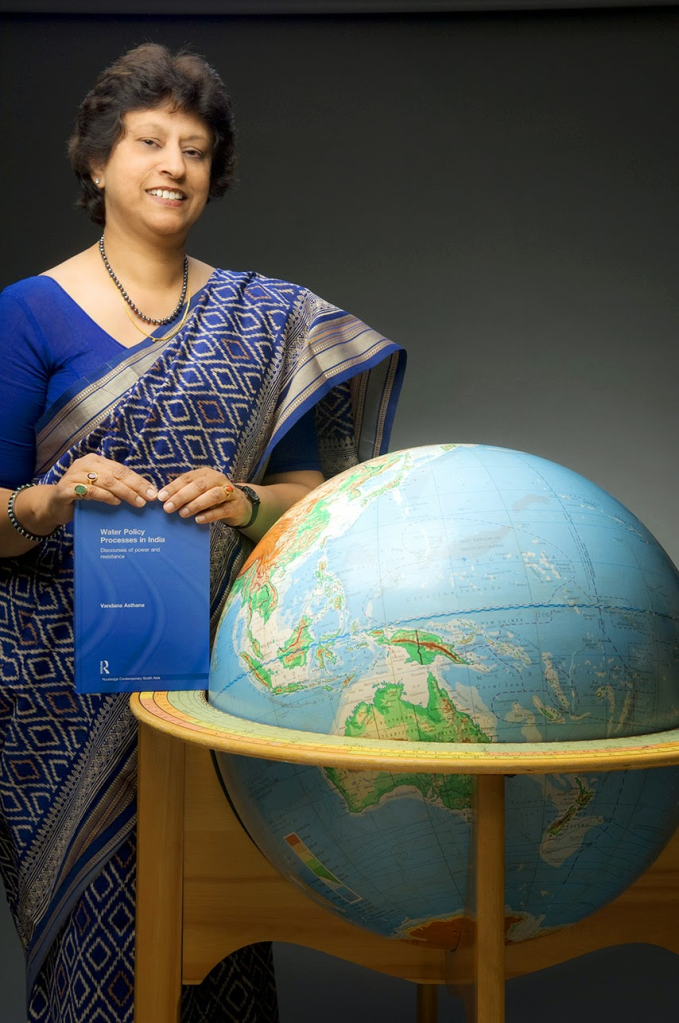
on urban planning and oil crisis. James Howard Kunstler (born October 19, 1948) is an American author, social critic, public speaker, and blogger. He is best known for his books The Geography of Nowhere (1994), a history of American suburbia and urban development, The Long Emergency (2005), and Too Much Magic (2012).
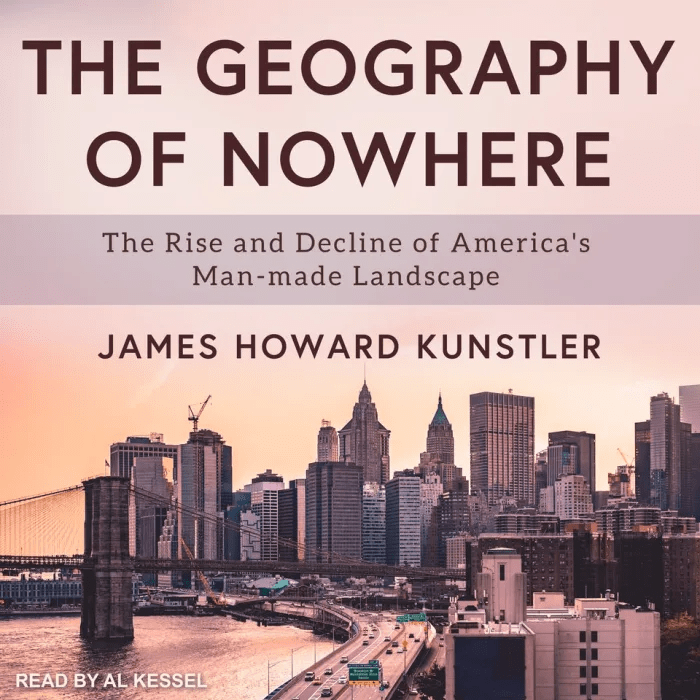
the man who stopped talking for 17 years to protest fossil fuel in his and our veins, so to speak. John Francis was in his twenties when a 1971 oil spill in San Francisco Bay jarred his comfortable life. Even as he joined the volunteers who scrubbed the beaches and fought to save birds and sea creatures poisoned by petroleum, he felt the need to make a deeper, more personal commitment. As an affirmation of his responsibility to our planet, he chose to stop using motorized vehicles and began walking wherever he went. His decision was greeted with surprise, disbelief, and even mockery – but it was only the start of a much deeper transformation. A few months later he took a vow of silence that would last seventeen years.
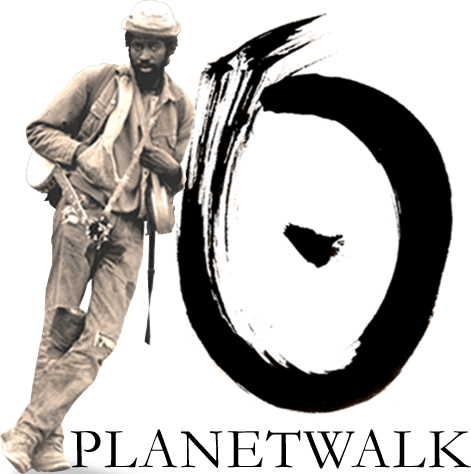
discusses his book on fire and Homo Sapiens progenitors using it much earlier than anthropologists and archaeologists claim!
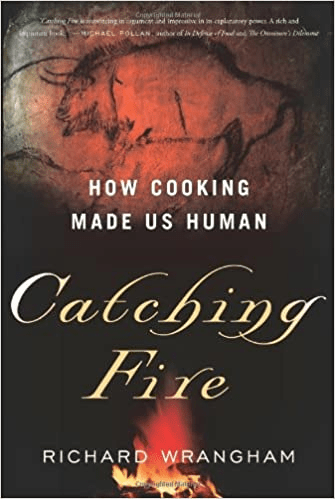
The Value of Nothing and so many other books.

Portland Poet
Ed Skogg, poet.
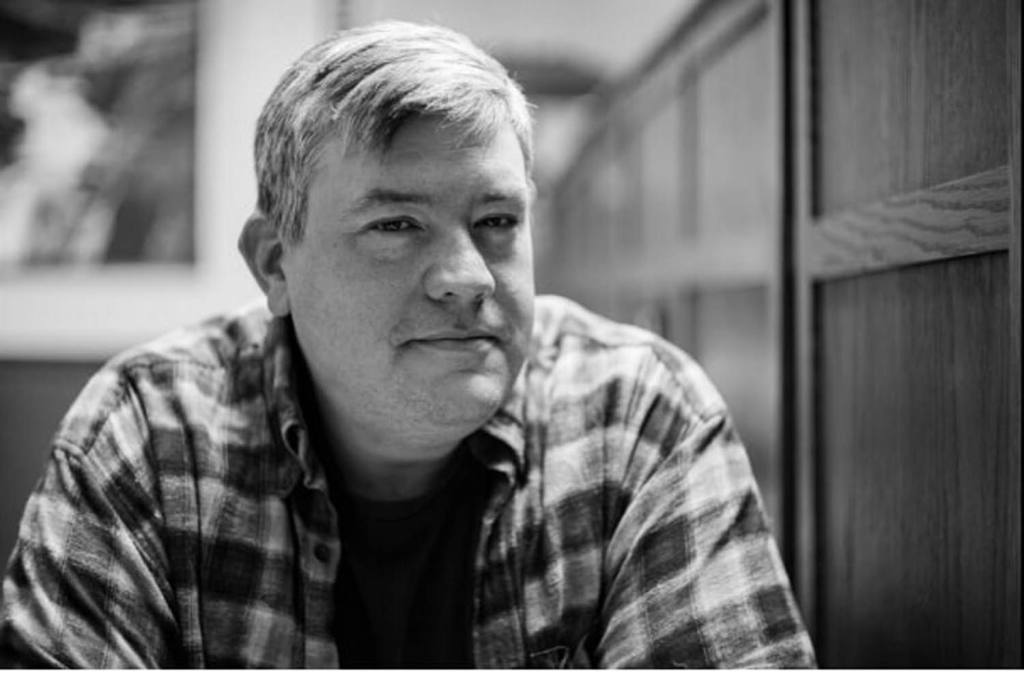
The women featured in this book successfully challenged one of the last frontiers of male domination – the commercial fishing grounds of Alaska. A generation ago, they might have been celebrated as pioneers. In today’s world they were simply living their dreams. They worked every job, from captain to cook and in nearly every northern fishery, even the Bering Sea king crab grounds made infamous by TV’s Deadliest Catch. They share eighty mouth-watering seafood recipes and many funny and harrowing stories of their adventures.
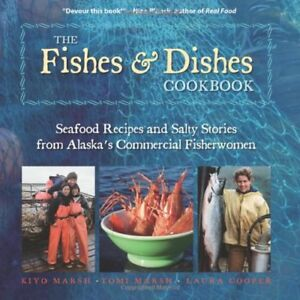
“Science and the Arts/Humanities: A Marriage Made in Heaven”

is the author of the 2009 memoir Farm City: The Education of an Urban Farmer. The book describes her extensive garden in Ghost Town, a run-down neighborhood about a mile from downtown Oakland, California.
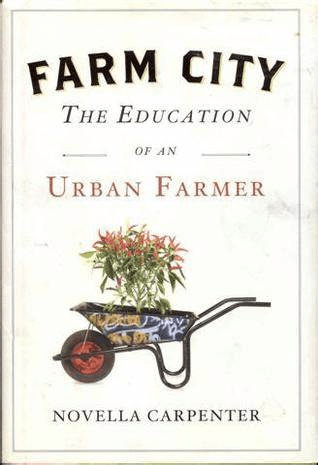
poet and novelist. Called “outstanding” by the Washington Post, Diana’s latest work, Fencing With the King, a novel of Middle Eastern intrigue and adventure, was featured by Apple books, Goodreads.com, and The Millions as one of this spring’s most-anticipated novels.
Diana was born in Syracuse, New York to an American mother and a Jordanian father. Her family moved to Jordan a few times throughout her childhood, and elements of both her American and Jordanian experiences, as well as cross-cultural issues, especially culinary reflections, appear in her work.

On Freedom Street is a novel about Mehmet, a Turkish boy, who travels from the snowy mountain village of his birth to the warm Mediterranean city of Adana, and from the comforting presence of his mother into the world of other women.
One of ten children, Mehmet was raised in humble surroundings by a mother whose husband vanished years ago.
Innocent, observant, and profoundly nonjudgmental, Mehmet is never one to question his circumstances. Life is something that unfolds, and he accepts its cruelties and sorrows as well as its strange magic and surprise.
Written with a delicate, quiet compassion and a stunning depth of honesty, On Freedom Street is a book about honor, love and loyalty. But equally it is a book about women—women as mysterious and wise creature who, in very quiet, unobtrusive ways, keep the world steady and alive.
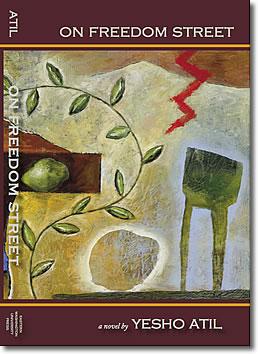
is a farmer, author, photographer and urban and local food systems advocate. Michael has been farming organically since the early 1970′s and is considered one of the pioneers of the organic farming and urban agriculture movements. He is a frequent lecturer to audiences all over the world, and the winner of numerous awards for his work. Ableman is the author of four trade published books: From the Good Earth: A celebration of growing food around the world; On Good Land: The autobiography of an urban farm; Fields of Plenty: A farmer’s journey in search of real food and the people who grow it, and most recently Street Farm; Growing Food, Jobs, and Hope on the Urban Frontier

began his comedy career 23 years ago at the world famous Comedy Store in Hollywood. Since then, he’s shared the stage with such great acts at Weird Al Yankovic, Howie Mandel, Paul Rodriguez, Steve Allen, and Jimmy “JJ” Walker …among many others. Leif has appeared on The Comedy Network’s “Comedy at Club 54” and “Comedy Kitchen,” “Last Comic Standing,” and on ABC’s “Three’s Company” and “General Hospital.”

is President of the Blue Frontier Campaign and the author of three books, Blue Frontier-Dispatches from America’s Ocean Wilderness, The War Against the Greens, and 50 Ways to Save the Ocean. He is editor of the Ocean and Coastal Conservation Guide, organizer of several “Blue Vision” conferences for ocean activists, and winner of Coastal Living Magazine’s 2005 Leadership Award. Helvarg worked as a war correspondent in Northern Ireland and Central America, covered a range of issues from military science to the AIDS epidemic, and reported from every continent including Antarctica. An award-winning journalist, he produced more than 40 broadcast documentaries for PBS, The Discovery Channel, and others. His print work has appeared in publications including The New York Times, LA Times, Smithsonian, Popular Science, Sierra, The Nation, and the Honolulu Weekly. He’s done radio work for Marketplace, AP radio, and Pacifica. He’s led workshops for journalists in Poland, Turkey, Tunisia, Slovakia and Washington DC. He is a licensed Private Investigator, body-surfer and scuba diver.
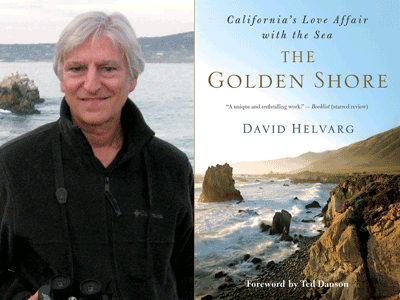
The Weather Makers: The History and Future Impact of Climate Change is a 2005 book by Australian scientist Tim Flannery. It discusses climate change, its scientific basis and effects, and potential solutions. The book received critical acclaim.

Robert M. Sapolsky‘s
acclaimed and successful Why Zebras Don’t Get Ulcers features new chapters on how stress affects sleep and addiction, as well as new insights into anxiety and personality disorder and the impact of spirituality on managing stress.
As Sapolsky explains, most of us do not lie awake at night worrying about whether we have leprosy or malaria. Instead, the diseases we fear-and the ones that plague us now-are illnesses brought on by the slow accumulation of damage, such as heart disease and cancer. When we worry or experience stress, our body turns on the same physiological responses that an animal’s does, but we do not resolve conflict in the same way-through fighting or fleeing. Over time, this activation of a stress response makes us literally sick
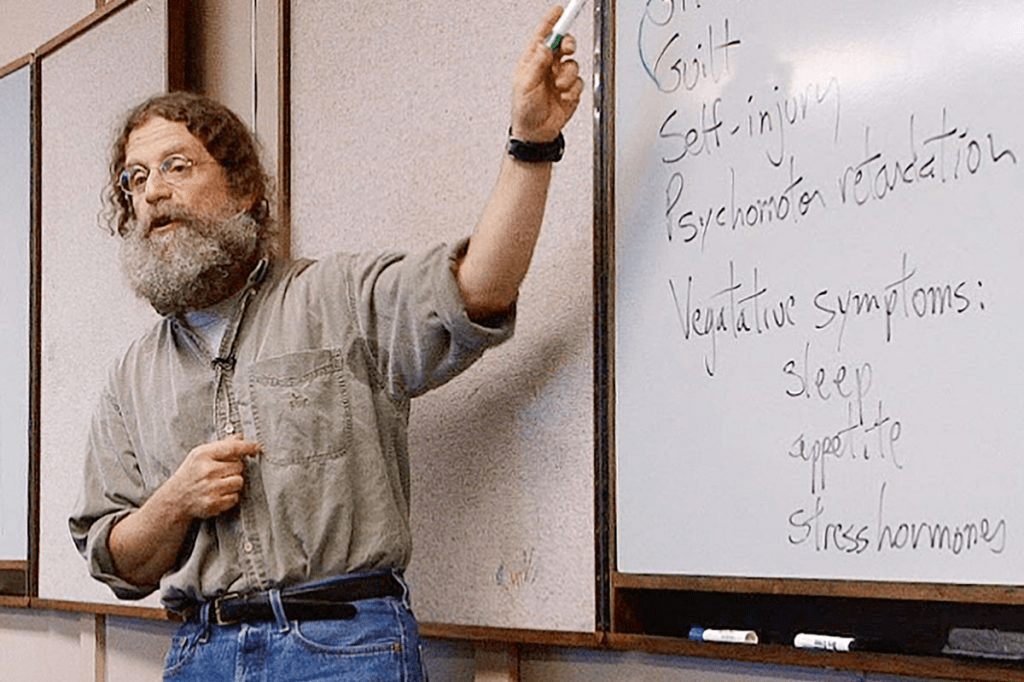
is a Canadian vegan cookbook author. She is the best-selling author of How It All Vegan, The Garden of Vegan, La Dolce Vegan! and Vegan A Go-Go!. In 2012, she released Go Vegan! w/Sarah Kramer, one of the world’s first vegan cookbook iPhone/iPad apps.

was a long time spokesperson for Champagne Veuve Clicquot and former President and CEO of Clicquot, Inc. (LVMH). Recognized as “an ambassador of France and its art of living,” by the French daily Le Figaro, USA Today further dubbed her “the high priestess of French lady wisdom.” Guillian: “As you perhaps know, my book French Women Don’t Get Fat: The Secret of Eating for Pleasure, launched something of a revolution when it was first published in December 2004. I then followed up two years later with French Women for all Seasons: A Year of Secrets, Recipes and Pleasure. Through both books , women all around the world have become inspired to lose weight (and keep it off) without dieting. By simply applying the time-honored tricks of the French lifestyle—eating mindfully and seasonally, pursuing true pleasures, incorporating light exertion into each day and practicing l’art de vivre—it is possible to lead a happy, healthy and rich life and feel bien dans sa peau.”
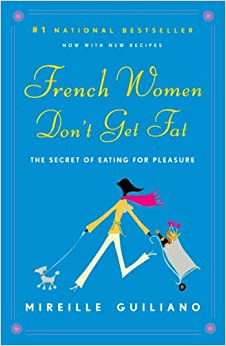
The Voices for Creative Nonviolence campaign ended on December 31st, 2020. Kathy Kelly, writing on behalf of the Committee to Oversee Closure of Voices for Creative Nonviolence: Sean Reynolds, Sarah Ball, Ken Hannaford-Ricardi, Kathy Kelly, and Bob Alberts.
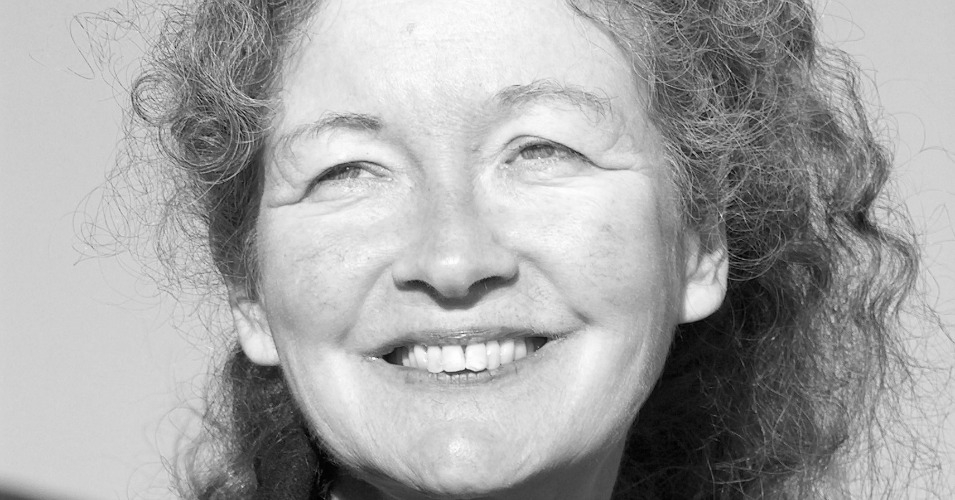
are physicians and other advocates who in August 2009 decided that we were indeed mad as hell about the cruel and inefficient system of health care that we have in the US. Last September, as the healthcare debate raged in Congress, we embarked on three week road trip through the heartland of America, speaking at single payer rallies and town halls in churches and union halls, universities, public parks and arts centers in 30 towns and cities in 15 states. We attracted 6,000 participants and interviewed hundreds of Americans on camera. We carried the message of their suffering under our current health care system to our Congress members in Washington, D.C.
Since returning from our caravan we have continued to press for single payer health care reform and other changes in our health care system that are needed to restore health for Americans individually and as a society.

For most Americans, the ideal meal is fast, cheap, and tasty. Food, Inc. examines the costs of putting value and convenience over nutrition and environmental impact.
Director Robert Kenner explores the subject from all angles, talking to authors, advocates, farmers, and CEOs, like co-producer Eric Schlosser (Fast Food Nation), Michael Pollan (The Omnivore’s Dilemma), Gary Hirschberg (Stonyfield Farms), and Barbara Kowalcyk, who’s been lobbying for more rigorous standards since E. coli claimed the life of her two-year-old son.
The filmmaker takes his camera into slaughterhouses and factory farms where chickens grow too fast to walk properly, cows eat feed pumped with toxic chemicals, and illegal immigrants risk life and limb to bring these products to market at an affordable cost. If eco-docs tends to preach to the converted, Kenner presents his findings in such an engaging fashion that Food, Inc. may well reach the very viewers who could benefit from it the most: harried workers who don’t have the time or income to read every book and eat non-genetically modified produce every day.
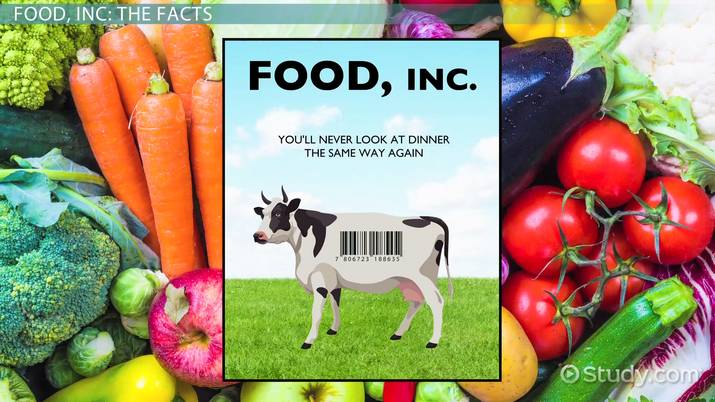
is modeled after the G.I. coffeehouse movement from the 1960s, as described in the book Soldiers in Revolt, and the documentary Sir! No Sir!. But G.I. Voice is using 21st-century outreach tools to connect with soldiers and their families, such as computers for soldiers to access the Internet without Army interference. The historic project also started a website at http://www.GIVoice.org, and is planning a radio webstream to connect with military personnel using music and culture.
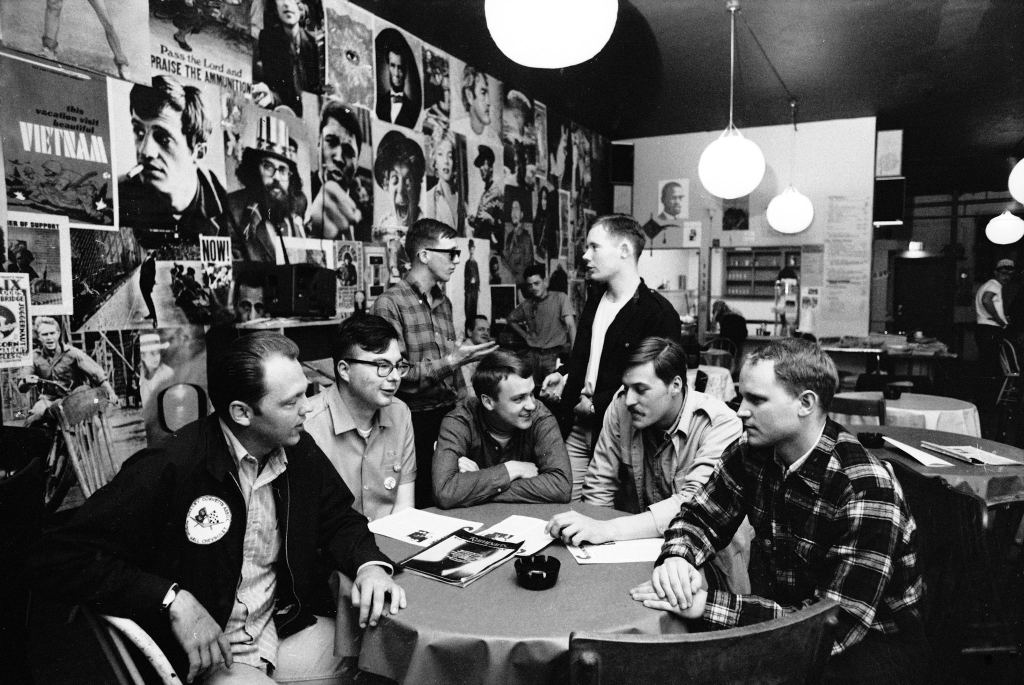
a Spokane native who produced the featured film, Gulf Coast Blues: Oil in Our Veins
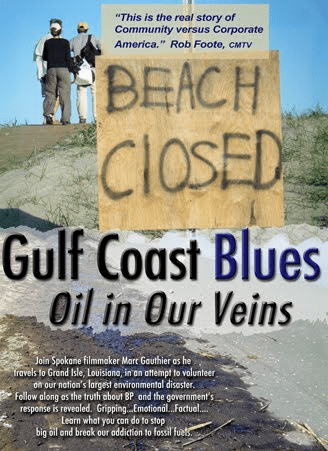
who is Grassroots International’s Senior Communications Coordinator. A longtime food sovereignty activist, she was involved in the founding of the US Food Sovereignty Alliance and the Food Sovereignty Prize and the establishment of the Civil Society and Indigenous People’s Mechanism of the United Nations Committee on World Food Security.
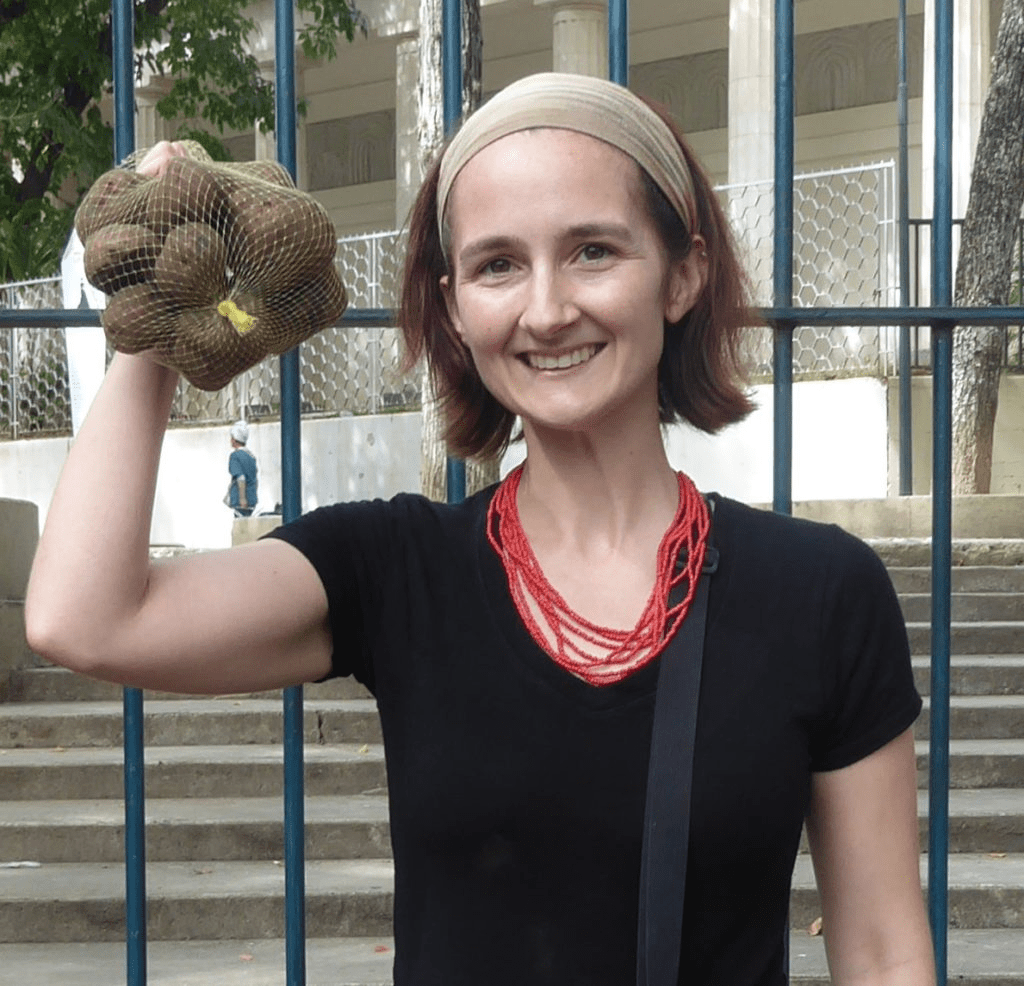
Tucson High School, fighting for ethnic studies.
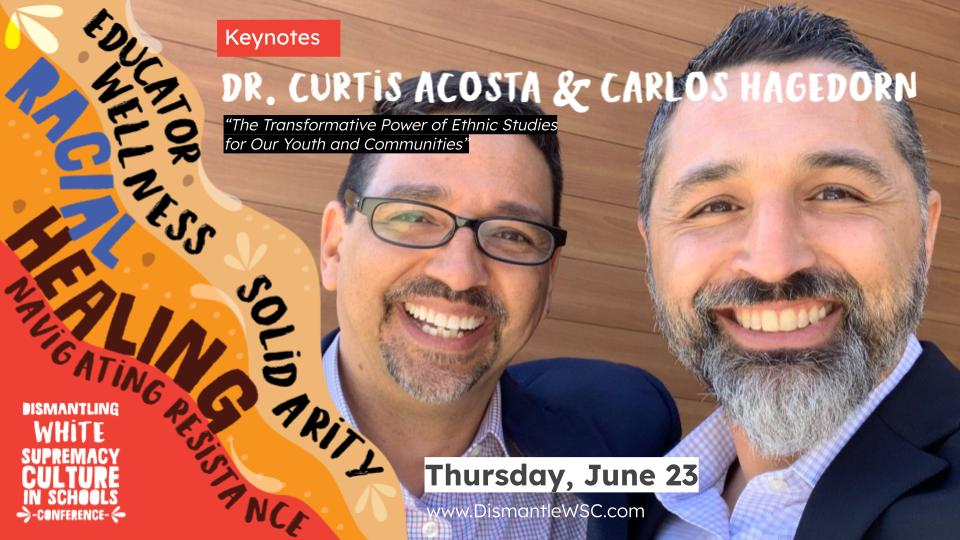
utilizing Dr. T. Colin Campbell’s China Study. “Our goal in making the film was to get the message out that diet is the single most important factor in preventing and even reversing some of the most common diseases,” says executive producer and FOK Founder Brian Wendel.
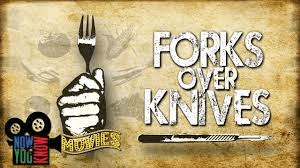
is an award-winning fiction author, playwright, and occasional rabble-rouser. She has studied primate behavior for the Research Department of the Los Angeles Zoo for almost twenty years and brings attention and affection to the rescue cats at the Amanda Foundation

the attorney who represents a group of Mexican-American students who attended Tucson schools, said the students sued shortly after the law was passed by Arizona Governor Jan Brewer.
“This was their curriculum that was intended to be responsive to them…culturally, linguistically, educationally,” Martinez said. “The program had a very strong effect on students’ achievement… in fact, most of the students finished high school and matriculated to college, which was unprecedented at Tucson Unified School District.”
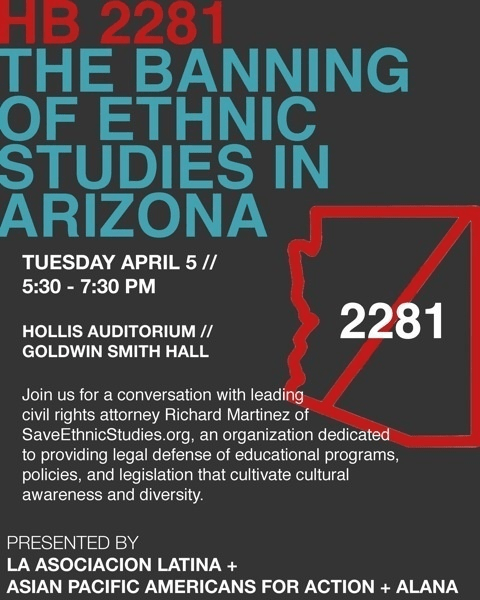
Cali Bagby worked as an embedded journalist in Iraq and Afghanistan. She produced camera stills, video, and articles about daily life for women and men in uniform. Under the harsh conditions of combat, she bridged the gap between civilians and military so the American people could have a connection to two wars fought on foreign soil. Cali now works as the general manager at The Journal of the San Juan Islands. She has won numerous Washington Newspaper Publisher Association awards for her reporting. In 2016, her play about PTSD, a precursor to her memoir, was selected for a local playwright festival.

“I recall with stark clarity the shock of flying over the tanker wreck on March 24, 1989, and seeing the black inky stain of some 11 to 33 million gallons of oil on the water. I made a personal vow that day to work upstream of oil spills to help our nation transition off fossil fuels. With my PhD in marine toxicology, I figured I knew enough to make a difference. More importantly, I cared enough. Certainly, at the time, I didn’t know this would become my life’s work––or where this path would lead.
During the twenty years before the Exxon Valdez oil spill, as I trained to become a marine toxicologist, laws were passed to protect air and water quality, worker safety, and public health and welfare. Back then the science focused only on part of crude oil, the “light ends” that easily dissolved into water or evaporated into air. During the twenty years after the Exxon Valdez oil spill, scientists’ understanding of oil impacts in the natural world changed when they focused on another part of crude oil, the heavy black stuff.”
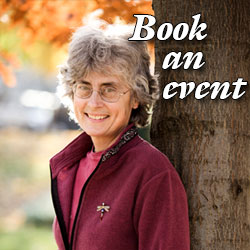
West Central nonprofit Project Hope is celebrating its 10th year with a new name and an expanded mission.
Project Hope is now River City Youth Ops and invites teens from all over Spokane to join its summer programs.
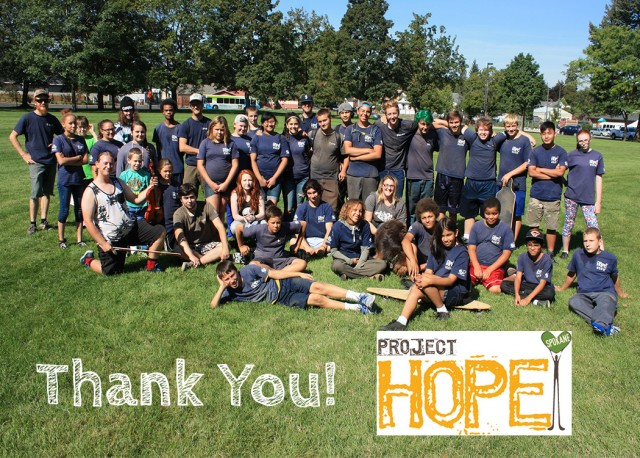
Executive Director of the Center for Teaching and Learning, Cultural Competencies, and he’s from Peninsula College, WA.
And Poetry Slam Guest

is Professor Emeritus in the field of Technology and Public Policy at the University of Washington in Seattle. He has been an active and outspoken proponent of democratic social ethics in technology for decades. He is on the roster of experts for the Cartagena Biosafety Protocol, a participant in the UN’s Codex Alimentarius processes, and co-founder of the Council for Responsible Genetics, the Washington Biotechnology Action Council, and the 49th Parallel Biotechnology Consortium. Phil is also a co-founder of Community Alliance for Global Justice, and active member of CAGJ’s campaign focused on the Gates Foundation, AGRA Watch.
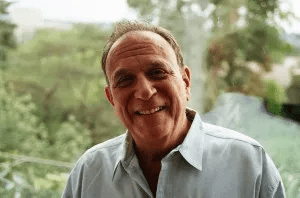
is the author of The Ekphrastic Writer: Creating Art-Influenced Poetry, Fiction and Nonfiction (McFarland, 2020), as well as two ekphrastic poetry collections, Coördinates of Yes (Ahadada Books, 2010) and The Body’s Physics (Tebot Bach, 2013). Her writing has been published in journals such as Tin House, The Southern Review, The American Journal of Poetry, etc.

is an award winning freelance photographer who purchased his first camera at 14 and taught himself the rudiments of camerawork as well as the skills of the darkroom – making photographs as well as taking them. He was photographing what was happening on his coast during the Deep Horizon oil pollution disaster.
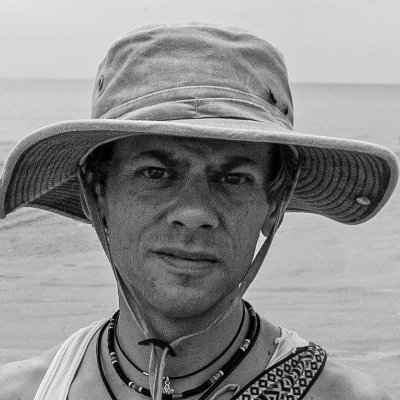
concern about peace, justice and the environment stirred during her school years, led her during high school in the 1990s to look up “peace” in the phone book and find the Peace and Justice Action League of Spokane (PJALS).
In May, Liz began as director of PJALS, following Rusty and Nancy Nelson, who retired.
Growing up on a farm near Deer Park and living there now with her artist husband, Bill Curry, Liz said her son is the sixth generation on the land. A cousin now runs the alfalfa and wheat farm.
Liz Moore, new Peace and Justice Action League Director
In high school, Liz became involved in environmental activism and started a school recycling program with help from the Department of Ecology. At a 1990 Legacy International Camp in Virginia with 30 youth from around the world, she focused on environmental leadership.
Being there with others from Hungary, Nigeria, Latvia, Ukraine, Northern Ireland (Protestants and Catholics), Palestine and Israel shrank the world for her.
“Before the first war in Iraq, I sought alternatives to our blood-letting history. I heard someone at high school cry, ‘Let’s kick some Saudi ass!’ even though Saudis weren’t involved,” she said.
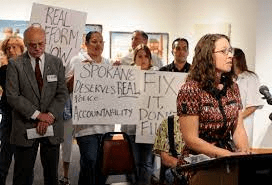
Renewed peace in the Middle East will be a grand thing, says Victor Azar. But he’ll be staying home in Spokane to nurture what he hopes will be a grander reconciliation among all people.
Victor and sister Viola own Azar’s Food Services, the latest in a succession of ventures that has taken him from a family convenience store in Nevada to corporate banking in San Francisco to tourism promotion in Jordan and Israel.
The Azar family has survived its share of conflict. Name a Middle East flashpoint, and the Azars have lived there.
Born 50 years ago in Jordan, Azar has lived in Baghdad and Basra in Iraq; Beirut, Lebanon; and Ramallah, hotbed of the Palestinian Intifada, on the West Bank.
He recalls the Six-Day War of 1967 and the 1970 Black September civil war in Jordan. “You’d hear the first missiles come in the middle of the night,” he says.
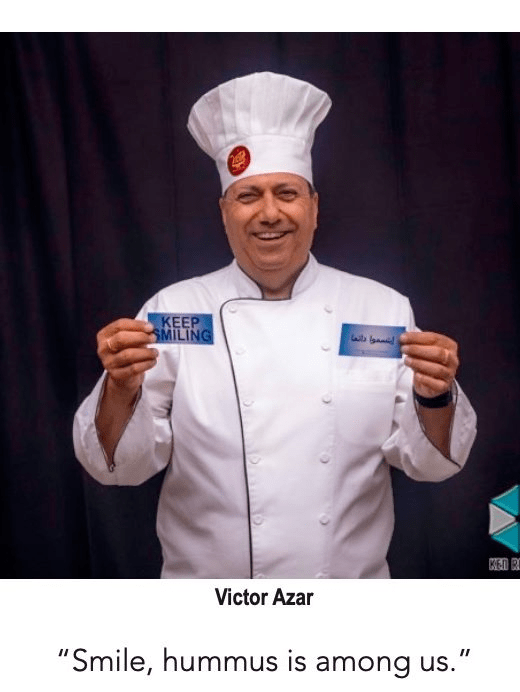
friend and “tree lady of Spokane. Tree Lady” for Spokane’s urban forest that has challenged the community to respect the urban forest’s role as an important part of our quality of life.
On Aug. 9, Anderson’s efforts were recognized when she received the Urban Forest Stewardship Award from the Washington Community Forestry Council at its quarterly meeting in Spokane Valley. Story.

The “Doctors and Nurses Have It— Mad As Hell for Single Payer System” … show in Spokane, Dr. Jeremy Graham of Spokane was a guest twice, …
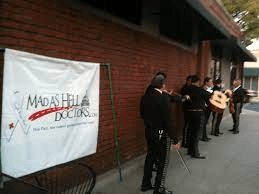
Seattle Green magazine for Latino community. Bi-lingual sustainability.

was commissioned as one of the first Muslim chaplains in the United States Army. After the tragic attacks of September 11, 2001, he became a frequent government spokesman, helping to educate soldiers about Islam and build understanding throughout the military. Subsequently, Chaplain Yee was selected to serve as the Muslim Chaplain at Guantanamo Bay, where nearly 700 detainees captured in the war on terror were being held as “unlawful combatants.”
In September 2003, after serving at Guantanamo for ten months in a role that gave him unrestricted access to the detainees — and after receiving numerous awards for his service there — Chaplain Yee was secretly arrested on his way to meet his wife and daughter for a routine two-week leave. He was locked away in a navy prison, subject to much of the same treatment that had been imposed on the Guantanamo detainees. Wrongfully accused of spying, and aiding the Taliban and Al Qaeda, Yee spent 76 excruciating days in solitary confinement and was threatened with the death penalty.

In “The End of Oil: On The Edge of A Perilous New World” Paul Roberts argues that this must change….and soon.
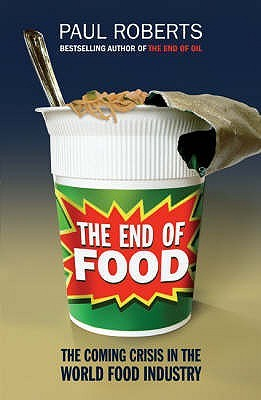
Thundering Hooves, the Walla Walla ranch known for its 100-percent grass-fed beef — and sales of other organic meats and poultry fourth-generation family business. Jennifer Hall, Spokane, Main Market spokesperson, talks about food, sustainable (sic) beef, and other things tied to food culture.
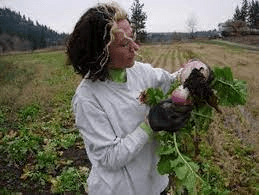
Priorities for a Healthy WA
Priority to protect laws and investments in clean energy, clean air and water, and healthy lands
Evergreen Cities/FOrests bill, LB2468 — Jim Flottt
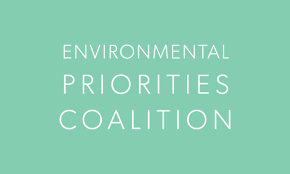
will lead this weeks Socratic conversation in Cleveland Hall’s Brain Education Library from 3-4 p.m. Tuesday, Sept 9.
The topic, Empire: Globalization in a New Era,” will be the first of a monthly series of Socratic conversations.
Hayes, is an associate professor in the Department of Teaching & Learning. He is known for his documentary films on topics of social concern in a local and global context.

— King Corn is a documentary film released in October 2007 that follows college friends Ian Cheney and Curtis Ellis
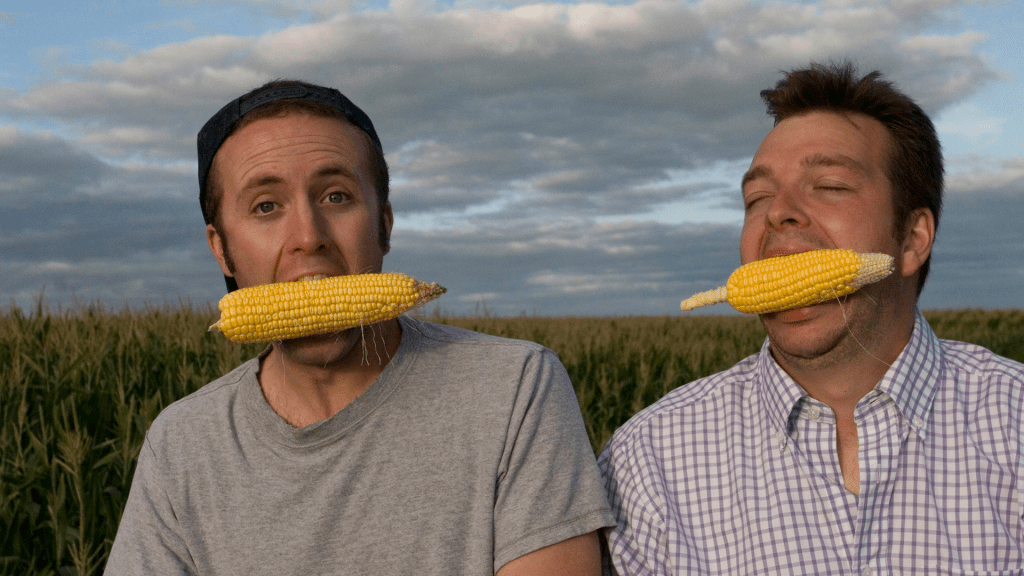
, Spokane Falls Community College talk.


You probably remember Winona LaDuke as the two-time Green Party vice presidential candidate, running with Ralph Nader in 2000 and 2004. You probably didn’t know that she’s an enrolled member of the Anishinaabeg Tribe from the White Earth Reservation in Minnesota, where she’s locked in another tough battle — this time against huge multinational corporations that want to change her tribe’s traditional way of life.
At three engagements in Spokane last week, and in some private interviews, LaDuke talked about the need to defend native peoples’ rights to the Earth. And this epic debate can fit into a single grain of wild rice — the Manoominike-Giizis strain, or the “wild rice moon” grown by her people for many generations.
This small grain of plant life serves as a microcosm of the entire sustainability challenge we all face: making sure future generations — all peoples and all species — will have a planet worth living on with ecosystems and resources to achieve spiritual and material prosperity.
LaDuke has proven to be so much more than a media darling — she’s a spiritual guide for her tribe and for the thousands she’s come across along her journey. Mixing humor with a shaman’s intensity, LaDuke has written books like All Our Relations and Recovering the Sacred.
LaDuke sees the Minnesota reservations’ practice of harvesting wild rice as vital: “The wild rice harvest of the Anishinaabeg not only feeds the body, it feeds the soul, continuing a tradition which is generations old for these people of the lakes and rivers of the north.”
It struck me last week while spending time with LaDuke that her tribe’s battle to keep their wild rice wild, free from genetic manipulation, is a much more far-reaching illustration of what sustainability activists consider the struggle of our times: How to create an America that respects the land.
Many of us think along systemic lines, attempting to understand the steps the globe probably has to take to solve the collapsing systems, both environmental and societal. Yet we need reminding that this struggle to work with a burgeoning global human population — 9 billion by 2050 at the current 1.2 percent growth rate — needs nudging from storytellers like LaDuke.
Her struggle — our struggle — is tied to the biodiversity of wild rice, a sacred food. There are more than 60,000 acres of natural wild rice growing throughout the lakes and rivers of her tribal lands. But there are troubling parallels drawn to what’s happened to the sacred corn of Mesoamerica at the hands of the agri-business multinationals, where corn has been patented, controlled and even turned into what some call Frankenfood.
Domestication and genetic modification of wild rice threatens the genetic integrity of this plant. For more than 30 years, plant breeders have developed wild rice for commercial paddies. So today, most of the wild rice on the market comes from these paddies, almost 70 percent of it from California. “Millions of pounds of California wild rice comes into [Minnesota] to be processed,” says LaDuke, “some of that rice, if genetically engineered, would irreversibly contaminate our manoomin.”
LaDuke’s tenacity in understanding the sacred and reclaiming the wholeness of her people’s food is a valuable lesson for our times. She’s up against the juggernaut of Monsanto and Dupont, the largest seed companies in the world. Monsanto has spent $8 billion in the last few years buying up United States seed companies, while Dupont purchased Pioneer, the second largest seed company in the world.
“This concentration of control over world seed stocks is alarming to farmers on a worldwide scale, especially considering that the closer seeds seem to be held, the fewer there are.”
LaDuke puts all of our struggles into a feedback loop, connecting wild rice in Minnesota to sustainability in Spokane with the goal of creating a more independent, safe and stable food supply. “However you cut the statistics,” LaDuke says, “from the villages of India to the villages of northern Minnesota, there is a marked loss in worldwide biodiversity, and a closer hold on who controls the remaining seeds of the world.”
This issue of control took me back 32 years, to the time I was a newspaper reporter in the middle of a struggle for the soul of a mountain.
Environmentalists were trying to stop my school, the University of Arizona, from building roads and locating a large mirror telescope on Mount Graham, a 10,000-foot sky island sticking out of the Sonora Desert. Mount Graham was named after a white man who rode through the area many years ago, a Colonel James Graham, but for generations the San Carlos Apaches had referred to the entire range as “Pinaleno,” meaning “many deer.” It’s the holiest place for the Apaches, who acquire the power to become medicine men and women through singing and collecting herbs and water on that mountain.
Despite the importance and traditional use of the place, roads were cut and the telescope went up. LaDuke and I talked about that struggle, and she shared many similar struggles currently unfolding in Indian Country and elsewhere.
LaDuke’s power is in her ability to unearth the history of Native people’s struggles — and how that history is relevant today. There has been a lost connection between how the land should be used and how it actually is used — from wild rice in Minnesota to telescopes in Arizona. Reconnecting with the land is another step in the process, as her book puts it, of reclaiming the sacred. By Paul Haeder, ‘Grain of Truth‘
is Education & Publications Director of Post Carbon Institute, responsible for PCI’s educational efforts on community resilience and energy

a long time ago, 2010. Things have changed. I have shifted in major ways. Open Forum is part of the World Economic Forum. In the spirit of Davos, the Open Forum aims to stimulate dialogue among thought leaders on issues ranging from current political structures and geopolitical concerns to environmental problems, leadership challenges and the role of the arts in society.
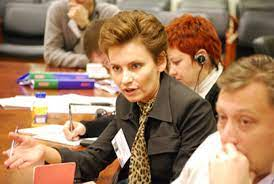
a long time ago, 2010. Things have changed. I have shifted in major ways. Open Forum is part of the World Economic Forum. In the spirit of Davos, the Open Forum aims to stimulate dialogue among thought leaders on issues ranging from current political structures and geopolitical concerns to environmental problems, leadership challenges and the role of the arts in society.
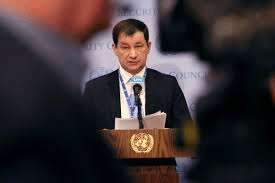
Support Local Business, Haeder yakking.
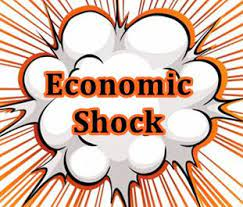
Howard F. Lyman is an American farmer and animal rights activist known for promoting vegan nutrition and organic farming. In 1997 he was awarded the Peace Abbey Courage of Conscience Award for his leadership in the animal rights movement
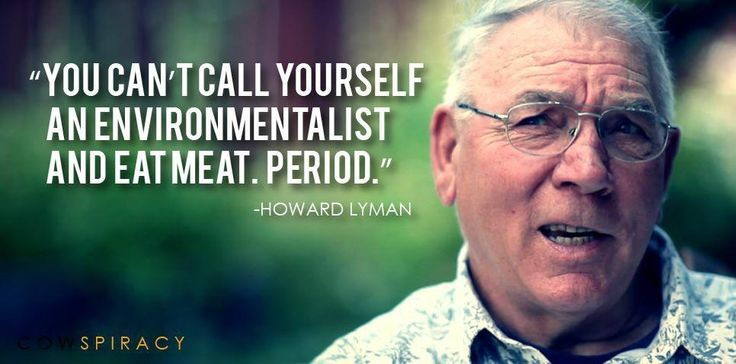
with Indian Burial Grounds, Turtle Band native — Discussion about growth, construction, planning and ancient land, treaty rights, Indian Rights. See-Hem-Itza replied, “They wanted their own tribal lands, they wanted the land from Sequim Bay down to Port Angeles”
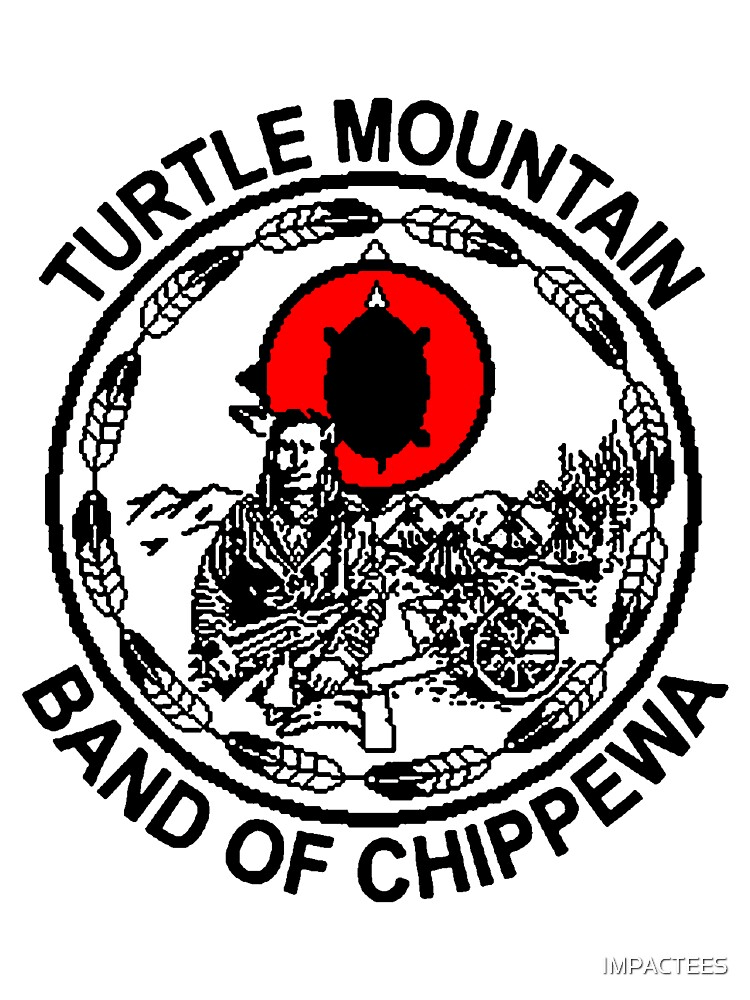
— Studying hate and genocide. The first edition of Becoming Evil spoke unforgettably to a world shell-shocked by 9/11 that faced a new war on terror against members of an Axis of Evil. With this second edition, James Waller brings us up to date on some of the horrific events he used in the first edition to illustrate his
theory of extraordinary human evil, particularly those from the perennially troubled Balkans and Africa, pointing out steps taken both forward and back. Nearly a third of the references are new, reflecting the rapid pace of scholarship in Holocaust and genocide studies, and the issue of gender now
occupies a prominent place in the discussion of the social construction of cruelty. Waller also offers a reconfigured explanatory model of evil to acknowledge that human behavior is multiply influenced, and that any answer to the question “Why did that person act as he or she did?” can be examined
at two levels of analysis– the proximate and the ultimate. Bookended by a powerful new foreword from Greg Stanton, vice-president of the International Association of Genocide Scholars, and a devastating postscript that addresses current outbreaks of genocide and mass killing, this new edition
demonstrates that genocide is a problem whose time has not yet passed, but Waller’s clear vision gives hope that at least we can begin to understand how ordinary people are recruited into the process of destruction.
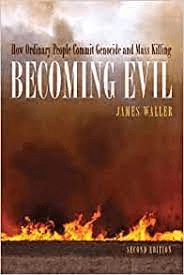
In her new book, The End of America: Letter of Warning To A Young Patriot, social critic Naomi Wolf argues that many of the Bush administration’s actions have paralleled those of notorious dictators.In a stunning indictment of the Bush administration and Congress, best-selling author Naomi Wolf lays out her case for saving American democracy. In authoritative research and documentation Wolf explains how events of the last six years parallel steps taken in the early years of the 20th century’s worst dictatorships such as Germany, Russia, China, and Chile.
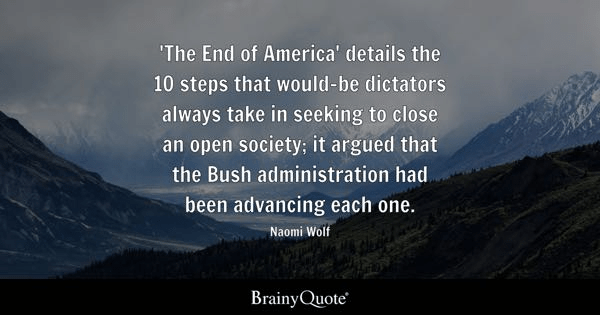
Taped talk at Spokane Community College with Ivor van Heerden, the outspoken coastal scientist who led the state’s independent Team Louisiana investigation into Hurricane Katrina levee failures.”A slow-moving Category 3 hurricane or larger will flood the city. There will be between 17 and 20 feet of standing water, and New Orleans as we now know it will no longer exist.”
—Ivor van Heerden, October 29, 2004
For years, Ivor van Heerden, a hurricane expert at Louisiana State University, has seen it coming. Since 2001, he and colleagues have been generating computer models of how a major storm could inundate the region in and around New Orleans. And he and his team sought tenaciously—at times desperately—to have their warnings heeded by government officials.

As it approached New Orleans, Hurricane Katrina was one of the most powerful hurricanes ever recorded in the northern Gulf of Mexico. By the time it swept past the city and hammered the Mississippi coast, the storm had weakened.
Unfortunately, the defenses protecting New Orleans had also weakened. The result was a disaster of overwhelming proportions.
Ivor van Heerden, former co-director of the Hurrican Center at Louisiana State University, had been warning of the danger as early as 2001. He was also part of a team of experts who wrote a scathing report detailing the engineering deficiencies that had magnified the damage. For thanks, he was fired from his job at LSU and has since been virtually unemployable.
Was killing the messenger really the best response to the disaster? Obviously Van Heerden thinks not. And he still has one last message for New Orleans.
“The Dutch had their Katrina in 1957,” van Heerden points out, “and they recognized they had to retreat from some of the low-lying areas and then build a line of defense back from the shoreline. In Louisiana, that reality hasn’t stepped in. [People] still hope that everything can be saved.”
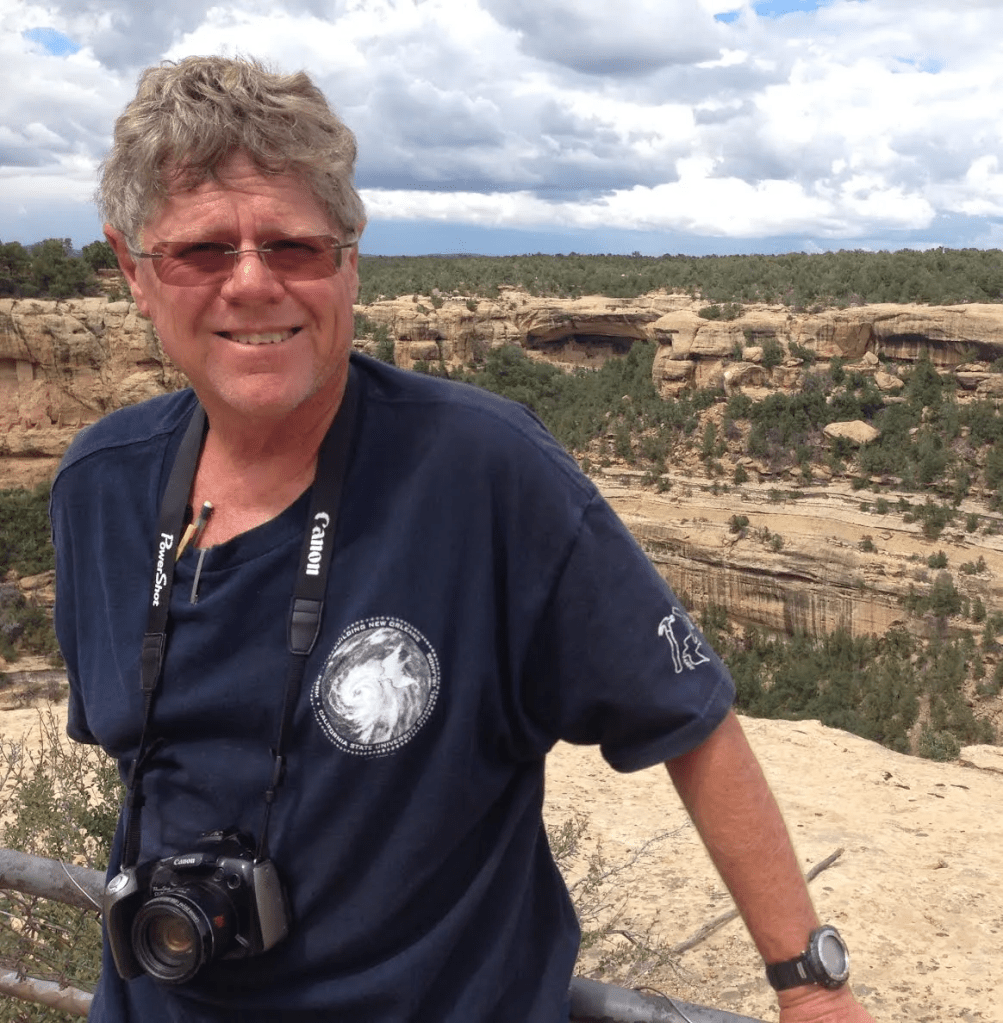
Post Carbon Institute. Richard William Heinberg is an American journalist and educator who has written extensively on energy, economic, and ecological issues, including oil depletion. He is the author of 13 books, and presently serves as the senior fellow at the Post Carbon Institute.

is an American author and anti-globalization activist. With his wife Medea Benjamin and activist Kirsten Irgens-Moller, he co-founded Global Exchange,[1] a social justice and anti-globalization non-governmental organization based in San Francisco, California. He is the founder and executive co-producer of the Green Festivals and he is executive Director of the Global Citizen Center. He received his Ph.D. in sociology from the University of California, Santa Cruz.
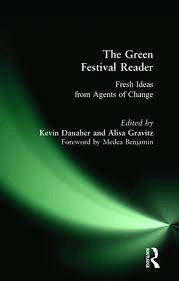
is a Canadian academic, science broadcaster, and environmental activist. Suzuki earned a Ph.D. in zoology from the University of Chicago in 1961, and was a professor in the genetics department at the University of British Columbia from 1963 until his retirement in 2001
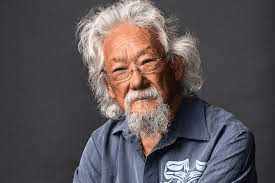
Slow Money. Woody Tasch is the author of Inquiries into the Nature of Slow Money: Investing as if Food, Farms, and Fertility Mattered (Chelsea Green) and SOIL: Notes Towards the Theory and Practice of Nurture Capital (Slow Money Institute). Tasch is former chairman of Investors’ Circle, a nonprofit angel network that has facilitated more than $200 million of investments in over 300 early-stage, sustainability-promoting companies. As treasurer of the Jessie Smith Noyes Foundation in the 1990s, he was a pioneer of mission-related investing. He was founding chairman of the Community Development Venture Capital Alliance. Utne Reader named him “One Of 25 Visionaries Who Are Changing Your World.”

actress, One Woman Show in Spokane. Ellen Ann Crawford is an American actress. She is known for her role as Nurse Lydia Wright on ER from 1994 through 2003 and then again in 2009 for the series finale. Crawford has also performed on stage, in A Touch of the Poet by Eugene O’Neill.
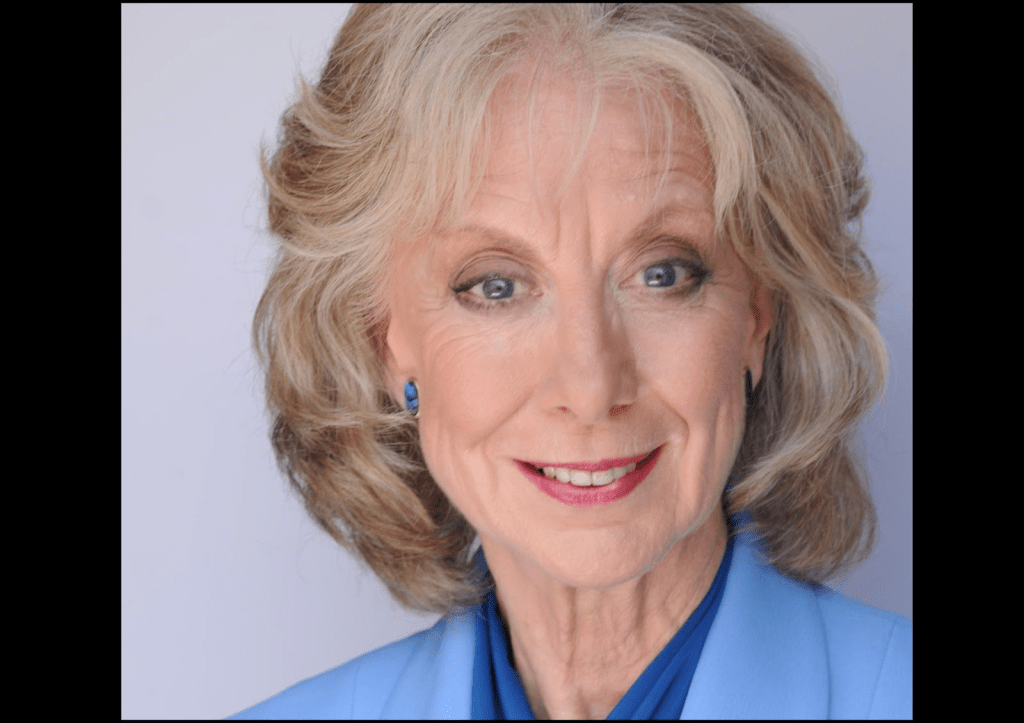
Law of Time, Mayan Time, Noosphere.

Amnesy International, former director. William F. Schulz is a Unitarian Universalist minister who is most known for his role as the executive director of Amnesty International USA, the U.S. division of Amnesty International, from March 1994 to 2006.
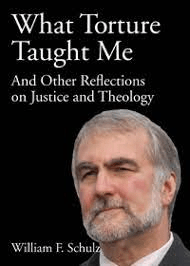
Brad Hash from the Missoula office of the Sierra Club, visits Spokane regularly to try to engage the community into fighting coal power, including a coal-fired plant in Centralia, Wash.

Saranac Arts Project, Artocracy. The nonprofit exhibition space occupies two connecting storefronts on the ground level of the historic Saranac Building at 25 W. Main Ave.
The free gallery is poised to explore cutting-edge, contemporary art in the American West.
“We want to focus on people who are dealing with interesting ideas but who are a little under the radar,” says Megan Murphy, gallery director.
Murphy and a small group of advisers have been putting the gallery’s concept together and working through its nonprofit status for a little more than six months.
“It started out as a small idea,” she says, “and just took on a life of its own.”
The Saranac Art Projects’ board of directors includes some heavy hitters in the region’s visual arts community.
In addition to Murphy, a painter and founder of Artocracy.com, there are Ben Mitchell, art curator at the Northwest Museum of Arts and Culture; Chris Bruce, director of Washington State University’s Museum of Art; Nancy Brown, Spokane architect; and Wes Mills, an internationally exhibited artist based in Missoula.

Downtown Projects, What would you do if you could design a downtown from scratch—not in a new suburb, but in the heart of a city that is more than 100 years old?

is a professor in the Science department at Spokane Community College. n 2014 he was the recipient of the Dorothy LaLonde Stout Professional Development Award, allowing him to facilitate an undergraduate student research project involving a combination of field and laboratory research on newly recognized (and geologically important) Precambrian rocks of the Inland Northwest region. PART ONE!

talk, on climate, heat, more! Geology!
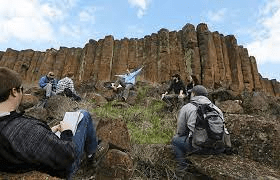
African American, planning student, muscian, Everyman! Neighborhood Planning.
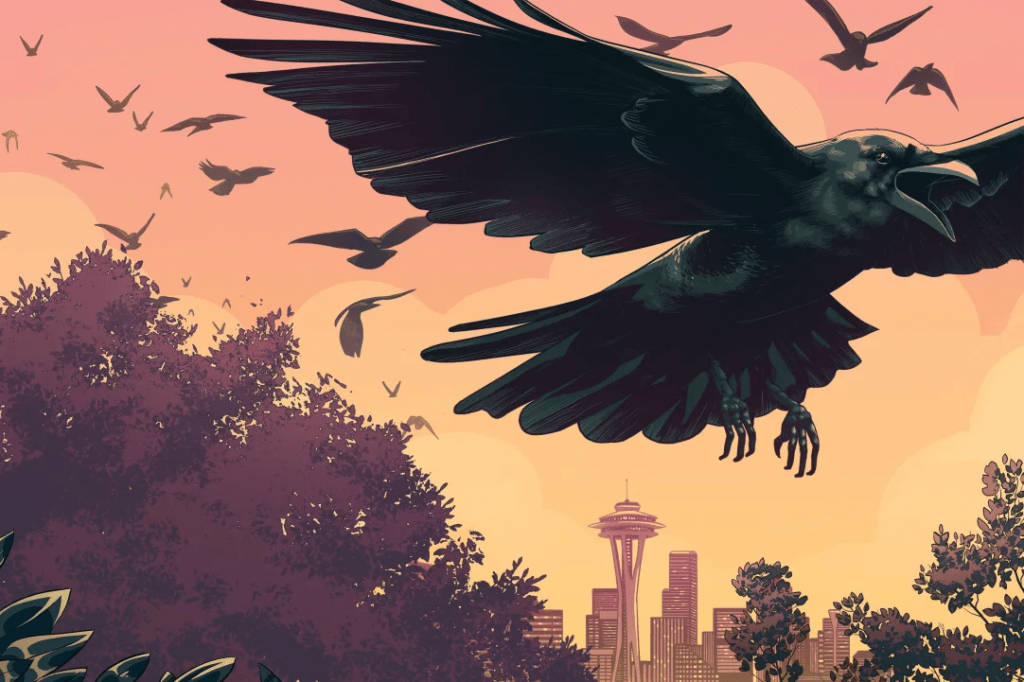
With the rising interest in organic and locally grown food, there is also an increasing interest in connecting the farm to the table. Chefs on the Farm describes the seasonal workings of Quillisascut Goat Cheese Farm, a small, family-run business in northeastern Washington state. There, owners Lora Lea and Rick Misterly started a “Farm School for the Domestic Arts” where every summer, professional chefs, culinary students, food writers, and others live and work on the farm. Cooking only with ingredients they find on the farm, students learn to be connected to the food they work with.

offers a dramatically revisionist view of recent human evolution, beginning with the vast increase in brain size that set us apart from our primate relatives and brought an accompanying increase in our need for nourishment.

novelist. Memoirist. Poet.

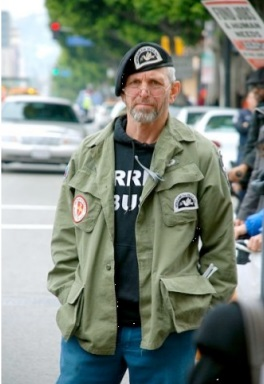
Lazy R, is a third generation cow-calf operator and a sustainability activist in Cheney, WA. He attended graduate school at the University of Idaho. Holistic grazing. His animals are part of an 11-year experiment — mimicking the predator-prey relationship on part of the 1,200 acres he owns and leases. In practice, it’s the way big mammals lived on this continent before the northern European management paradigm practice took hold.Story.

Spokane Riverkeeper and Downtoearth blogger.
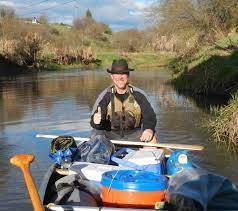
ED, trying to feed Spokane!
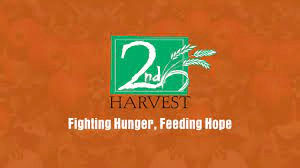
getting small farmers and producers into the minds of people.

An analysis of the insurrection at the University of Minnesota in response to President Nixon’s escalation of aggression against the peoples of Southeast Asia. In May on 1972 we caused a genuine insurrection on the streets of Minneapolis to try to stop an obscene war in Southeast Asia. Today a new generation is fighting against a new war in the Middle East. It is to that new generation that this book is dedicated. We made mistakes, we didn’t always learn from them, but perhaps you will.
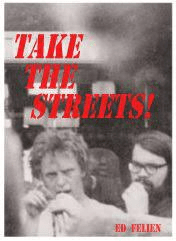
and the Political Economy of Socialism, People need the truth about the communist revolution. The REAL truth. At a time when people are rising up in many places all over the world and seeking out ways forward, THIS alternative is ruled out of order. At a time when even more people are agonizing over and raising big questions about the future, THIS alternative is constantly slandered and maligned and lied about, while those who defend it are given no space to reply. It is urgent that the questions be answered, and the TRUTH be told about the communist revolution—the real way out of the horrors that people endure today, and the even worse ones they face tomorrow. To do this, Revolution newspaper arranged for Raymond Lotta to be interviewed by different groups of people in different parts of the country, and other people sent in questions. What follows is a synthesized, edited version that draws on those interviews and adds new material since the interviews were first conducted. (Story)

– Chief Executive Officer – University District But first, my ramblings. Why community radio, pro-pro Obama, hates Haeder! But, Juliet Sinisterra has over 25 years of experience in project management throughout the Pacific Northwest, including strategic development, urban planning,
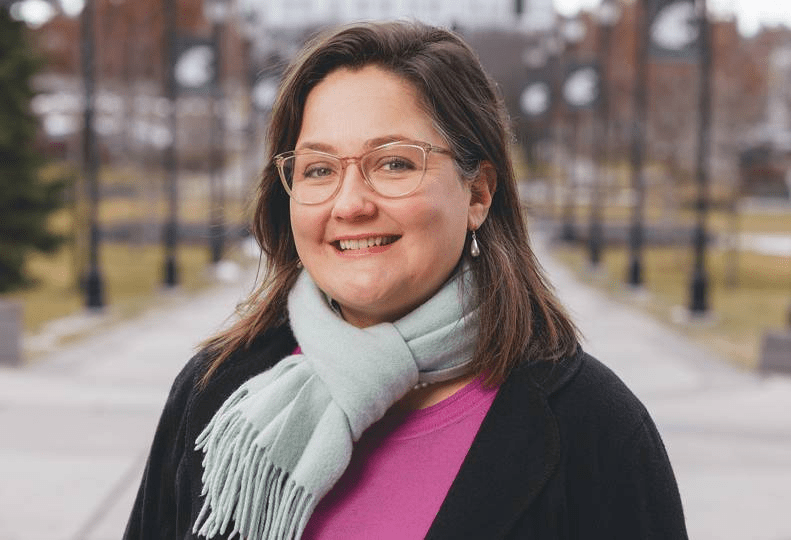
Rewired: Understanding the I Generation and the Way they Learn
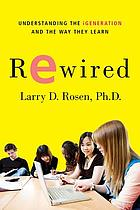
Sustainable September Spokane, Community Minded Enterprises.Brown holds a Master’s Degree in Fine Art from Washington State University, and has taught visual arts courses at Washington State University, Kaplan University (online), and Seabury Middle School. Since 2013, Gabriel has worked for Spaceworks Tacoma, a non-profit that provides training and support to artists and entrepreneurs.

Spokane’s Proposition 4 with Brad Read, teacher, activist . . .
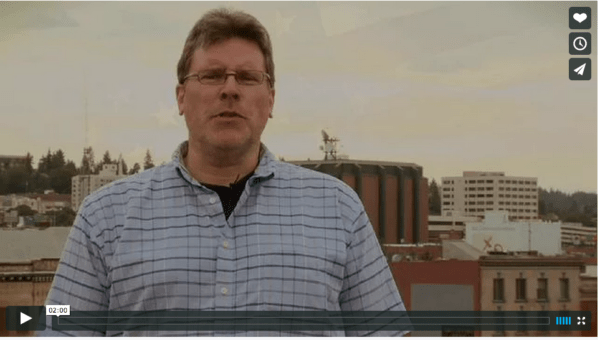
founder of Earth Seeds and the Global View Foundation. Learn how you can have a greater impact in creating a sustainable world. Former Park Ranger.

Former Mayor of Spokane, Mary Verner. On Sustainability. Earth Day. Etc.

is an American investigative journalist, writer, a founding editor of the online news publication The Intercept, and author of Blackwater: The Rise of the World’s Most Powerful Mercenary Army, which won the George Polk Book Award.

Sonia Shah is an American investigative journalist and author of articles and books on corporate power, global health and human rights
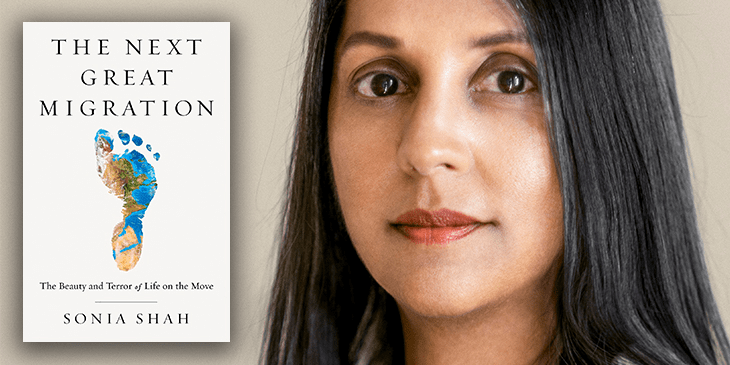
media literacy, child obesity and ag, food choice, Food Sleuth, looking at the deception of commercial food growers and sellers


Campus Pride


Water Sense,

BIrch Bark Canoes and guys from Evergreen State College

State of the Disunion, again, Obama the Bomber

Gulf Coast Restoration Network, Deep Water Horizon Crime
The Gulf Coast Community Protection and Restoration District (GCCPRD)

Gut Coast Blues, Oil Dispatches, Dispatches from a Disaster, Haeder, Dispatches from a Disaster
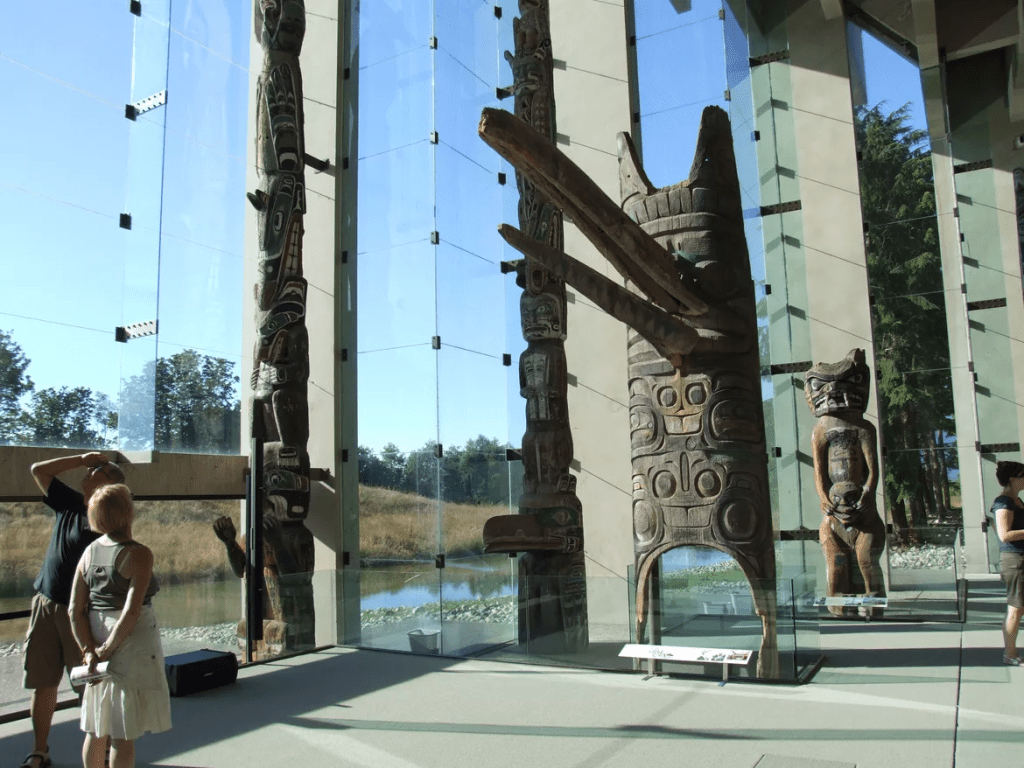
Gut Coast Blues, Oil Dispatches, Dispatches from a Disaster, Haeder, Dispatches from a Disaster

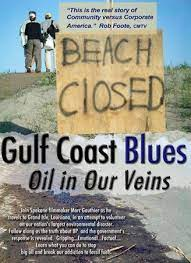
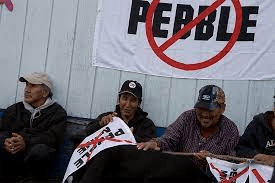
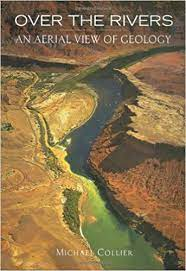
Enviornmental Activist, Caribou, Selkirk Conservation Alliance

activist, teacher, Spokane mover and shaker

poet, part of the Get Lit! series for SPokane
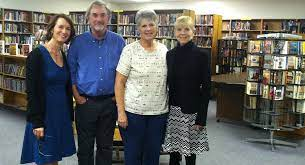
anti-racist writer, journalist, activist
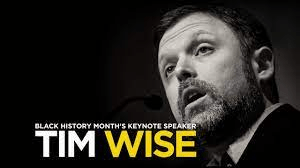
Save Our Wild Salmon, SOS

Music and Social Change, Sidhe, Celtic Music

New Book, a Political Thriller about the Assassination of JFK and the Future of the American Republic.JFK, assassination, 45th Anniversary

on Ecological Footprint and other such things

kid sister, social worker from Arizona

( a white woman who posed as African American for years). We talked about the Human Rights Organization she was with in Couer d’ Alene against those Aryans
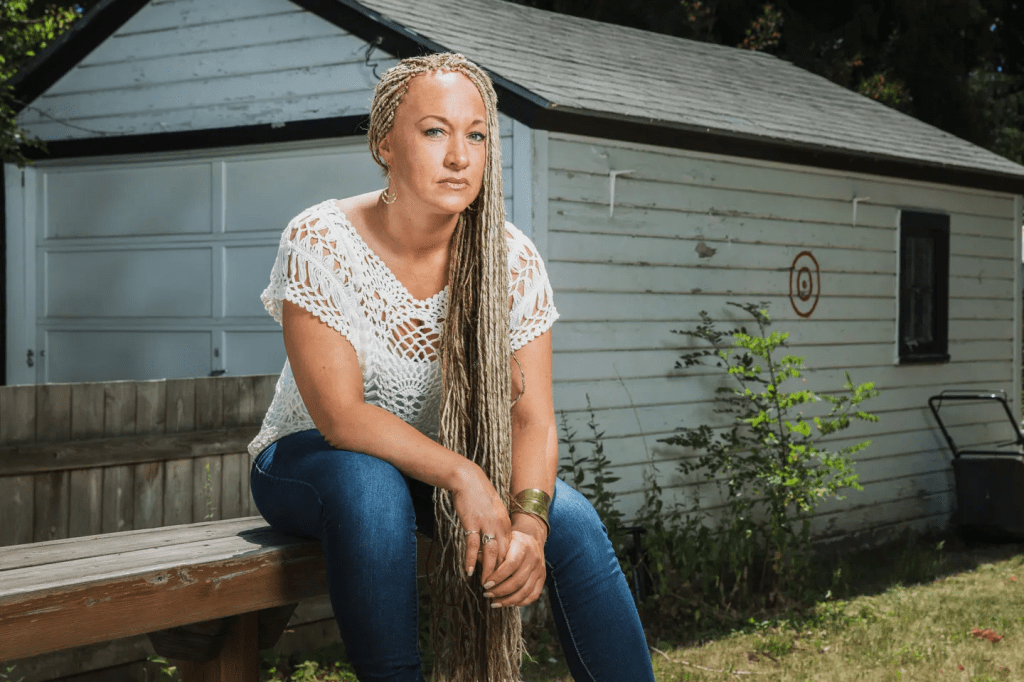
Rachel Dolezal
Media Conglomeration, dedicated Brad Will, murdered in Oaxaca,
Haeder
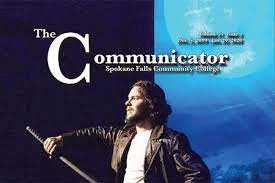
Haeder’s gig, at the other monthly, Spokane Living
“Metro Talk”

…growth, too much growth, planned growth

Sustainability, President of the U.S. Partnership for Education for Sustainable Development, which convenes members of the business, education, communities, government, and faith sectors and catalyzes national sustainability initiatives.

Brent Fenty, Oregon Natural Desert Association

Transportation and agriculture

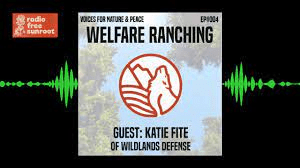
Get Lit!
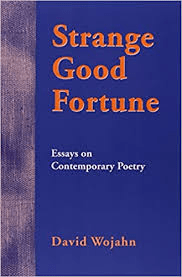

Land Use, Spokane neighborhood dispute, the nitty gritty of partiipatory democracy/citizenship, and the NIMBY issues, and

2nd Annual event in Spokane

Bio-Fuels, those French Fries and their Grease!

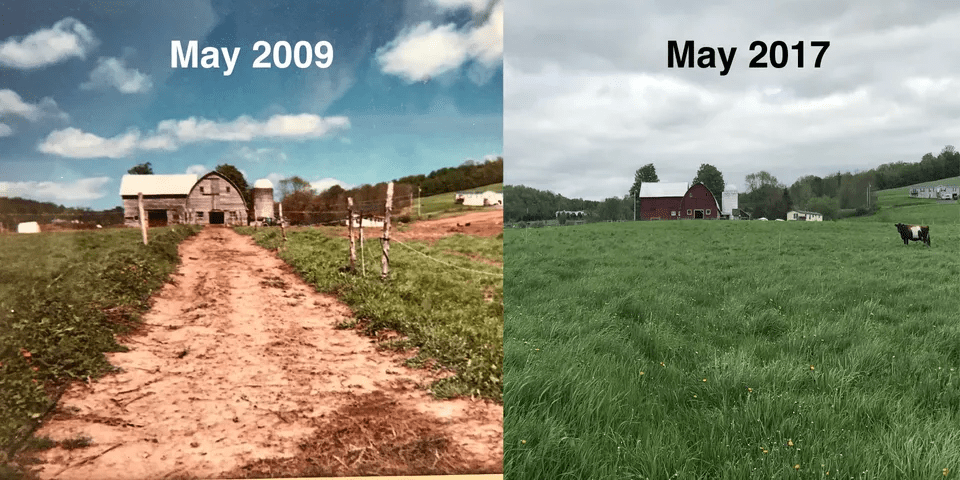
Feast With Friends, raising money for the nonprofit, Futurewise

,

writer, editor, Willow Springs Journal
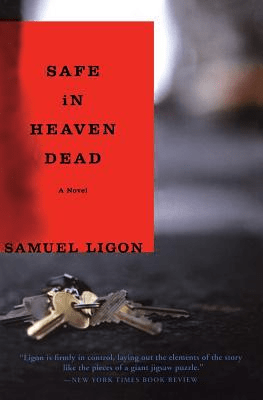
Hispanic Program Coordinator at Washington State University -Small Farms Program


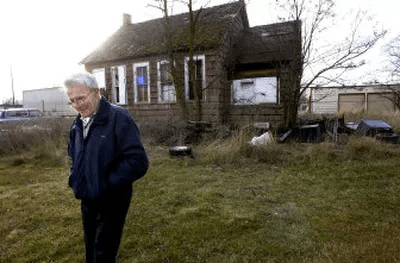
Two elderly couples praised as “dynamic duos” by Spokane Mayor Mary Verner grew up along lakes and rivers – and have dedicated years to protect the clear waters they cherish. Spokane Valley farm boy Buell Hollister was 8 during the Great Depression when he first tethered his family’s two cows near the Spokane River to munch bunch grass. As a teenager working at a Spokane meat-packing plant in the 1940s, he remembers the large pipe that dumped animal entrails directly into the river he loved. Now 82, he and his wife Donna Hollister later fought a railroad’s plan to locate a refueling station over the sole source of Spokane’s drinking water. Julian Powers, 83, was born on a remote farm in Nez Perce County. He joined the Navy at 17 and retired from his engineering career at 54 to travel the world. After he met speech pathologist Jane Cunningham, now 79, at a church potluck in Spokane in 1990, the couple joined forces to warn the public about global warming and hold politicians accountable for their environmental and public policy stances. Saturday, the two couples were honored by the Sierra Club’s Upper Columbia River Group and the Center for Environmental Law & Policy as “watershed heroes” for their work on Spokane River and aquifer issues.
Melissa Young
“Offers a celebration of those working to turn things around and make them right.” Seattle International Film Festival
Something remarkable is happening in the fields and orchards of the Pacific Northwest. After leaving the land for decades, family farmers are making a comeback. They are growing much healthier food, and more food per acre, while using less energy and water than factory farms. And most of this food is organic.
For decades Northwest agriculture was focused on a few big crops for export. But climate change and the end of cheap energy mean that each region needs to produce more of its own food and to grow it more sustainably. Good Food visits farmers, farmers’ markets, distributors, stores, restaurants and public officials who are developing a more sustainable food system for all.
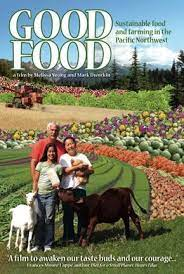
He and I worked on sustainable feasts and wine pairing meals, and he was the owner of Sante In Spokane
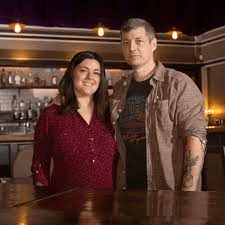
Envision’s campaign coordinator, says that CELDF isn’t directly involved with the Worker Bill of Rights. Huschke’s day job is an organizer for CELDF and the organization provided an attorney when the city unsuccessfully sued to keep the Worker Bill of Rights off the ballot, but that’s it.
“It’s a Spokane, homegrown-mobilized effort,” he says of the Worker Bill of Rights. “It’s Spokane people trying to better Spokane, and we just happen to have a group that’s willing to help us out.”
All of Envision’s initiatives have included a provision that challenges the idea that corporations have the constitutional rights of people. Huschke says the provision is needed in the Worker Bill of Rights because without it, corporations could sue, arguing that its equal protection rights are being violated by being required to to pay higher wages while smaller companies aren’t. The matter, he says, could rise to a higher court.
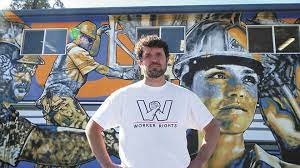

co-oroducer of Tipping Points, and Green Progressive Archive, Community Building archive
